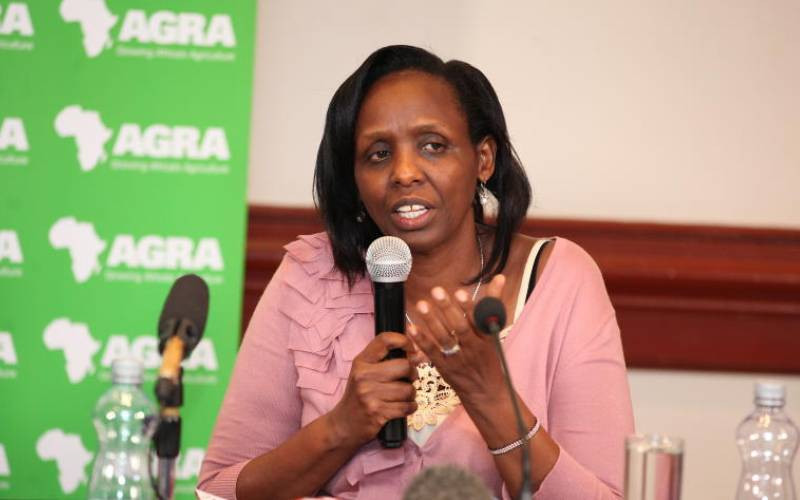×
The Standard e-Paper
Smart Minds Choose Us

Farmers in Africa have been challenged to engage widely and share information to address challenges facing food production and make the sector more profitable.
The youth and women have also been urged to take up leadership in agriculture and find solutions to challenges facing farmers in the continent. This call was made during a two-day forum of renowned and emerging food systems leaders from Africa in Dar es Salaam, Tanzania, last week.